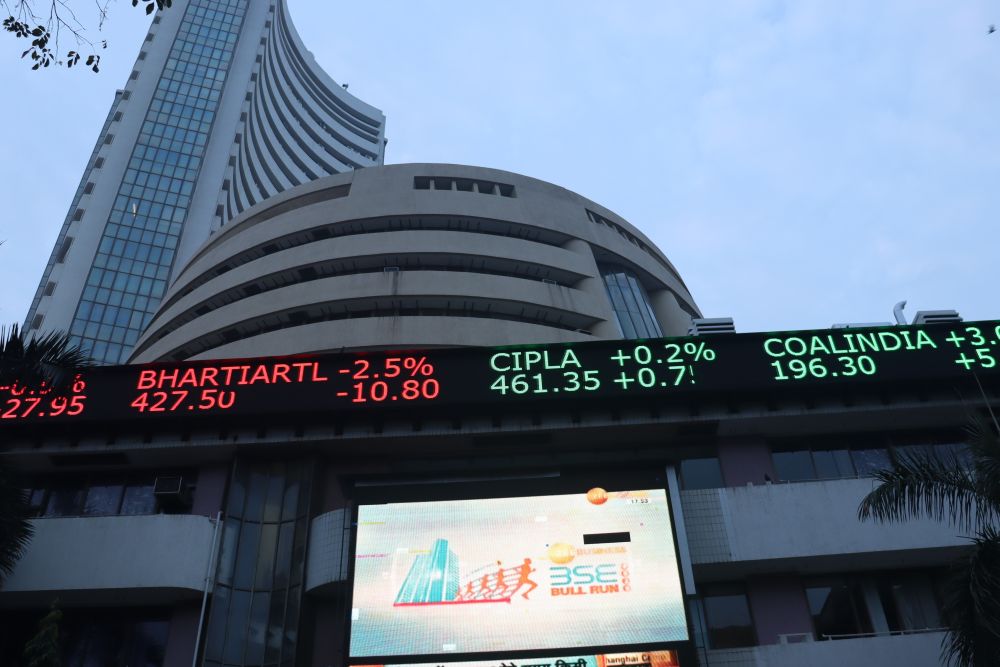.jpg) |
|
While the 2008 financial crisis may seem like a distant memory, the shockwaves from that event continue to reverberate throughout Asia today.
Asian regulators are now moving from consultation to implementation of regulations designed to make our financial markets safer and more transparent.
One of the major lessons learned from the Lehman Brothers crisis was the regulatory need for timely access to detailed and accurate data on global derivatives activity. Led by the G20 finance ministers in 2009, the group agreed that over-the-counter (OTC) derivatives trades should be reported to trade repositories to bring much needed transparency and safety to the global markets.
While the implementation of such regulations is ongoing, and the scope of the reporting requirements has varied from jurisdiction to jurisdiction, reporting infrastructure is now in place in the US, Europe and Asia, just five years since the G20 summit.
Trade repositories – essentially, digital warehouses of detailed data on derivatives transactions -- are one of the most important instruments of risk mitigation to emerge from the financial crisis.
Global repositories are meant to ultimately give regulators a clearer picture of systemic risk levels in the financial system, providing them with unprecedented transparency into this market worth several hundred trillion dollars. Global repositories can also enable financial institutions to meet their regulatory reporting obligations wherever they are located, in an open, cost effective and efficient manner via a single platform.
Here in Asia, major jurisdictions with derivatives transactions, including Singapore, Japan, Hong Kong and Australia, have enacted regulations requiring derivatives transactions to be reported to trade repositories.
While Asia is often seen as a single financial market, the reality is that it consists of individual markets with differing levels of financial market sophistication, cultures and attitudes to regulations. Despite this, more firms are looking at their reporting solutions holistically, rather than on a market-by-market basis.
To the credit of the region’s regulators, they have embraced a practical, phased approach to implementing reform across market participants and asset classes.
Asian regulators have demonstrated a collaborative and consultative approach, learning from overseas experience. In some jurisdictions outside of Asia, reporting has been mandated to begin on a single day. However, markets such as Singapore have phased in reporting requirements by asset class and segment, allowing market participants, regulators and the trade repository to methodically deal with implementation.
The industry in Asia has made tremendous progress in the past 18 months, especially evident in the recent consultations made by the Monetary Authority of Singapore and the Australian Securities and Investment Commission on FX transactions reporting and alternative reporting, respectively.
The Depository Trust & Clearing Corporation (DTCC) operates the only global repository and supports regulatory reporting in the Asia-Pacific region for all five major derivatives asset classes, including credit, interest rates, equities, FX and commodities. DTCC’s Global Trade Repository (GTR) Service now processes two million submissions a week from across the region.
However, to implement the vision of the G20 leaders, we must overcome the remaining challenges.
A large amount of data has now been collected and this will continue to grow as the number of clients and asset classes covered by the DTCC’s GTR expands as the implementation of reform progresses. However, the focus is now shifting from the collection of data to its interpretation to ensure that this is turned into an effective risk mitigation tool.
To identify a build-up of systemic risk, data needs to be aggregated on a global basis. It is now up to regulators, in close collaboration with the industry, to identify what data is needed from a global perspective, both collateral and transaction data, outline how the information will be used and evaluate a data aggregation model.
This requires an understanding of what regulatory agreements are already in place to govern information sharing between regulators and addressing remaining jurisdiction-specific data privacy issues.
Financial institutions have made significant progress in meeting new regulatory requirements. However, both regulators and the industry recognise that for trade repositories to reach their full potential as a risk management instrument, a global convergence on reporting practices is essential.
Without this convergence, the true objective of the G20 leaders will not be fulfilled and our markets could remain vulnerable.
Peter Tierney is regional head of the Depository Trust & Clearing Corporation in Asia









